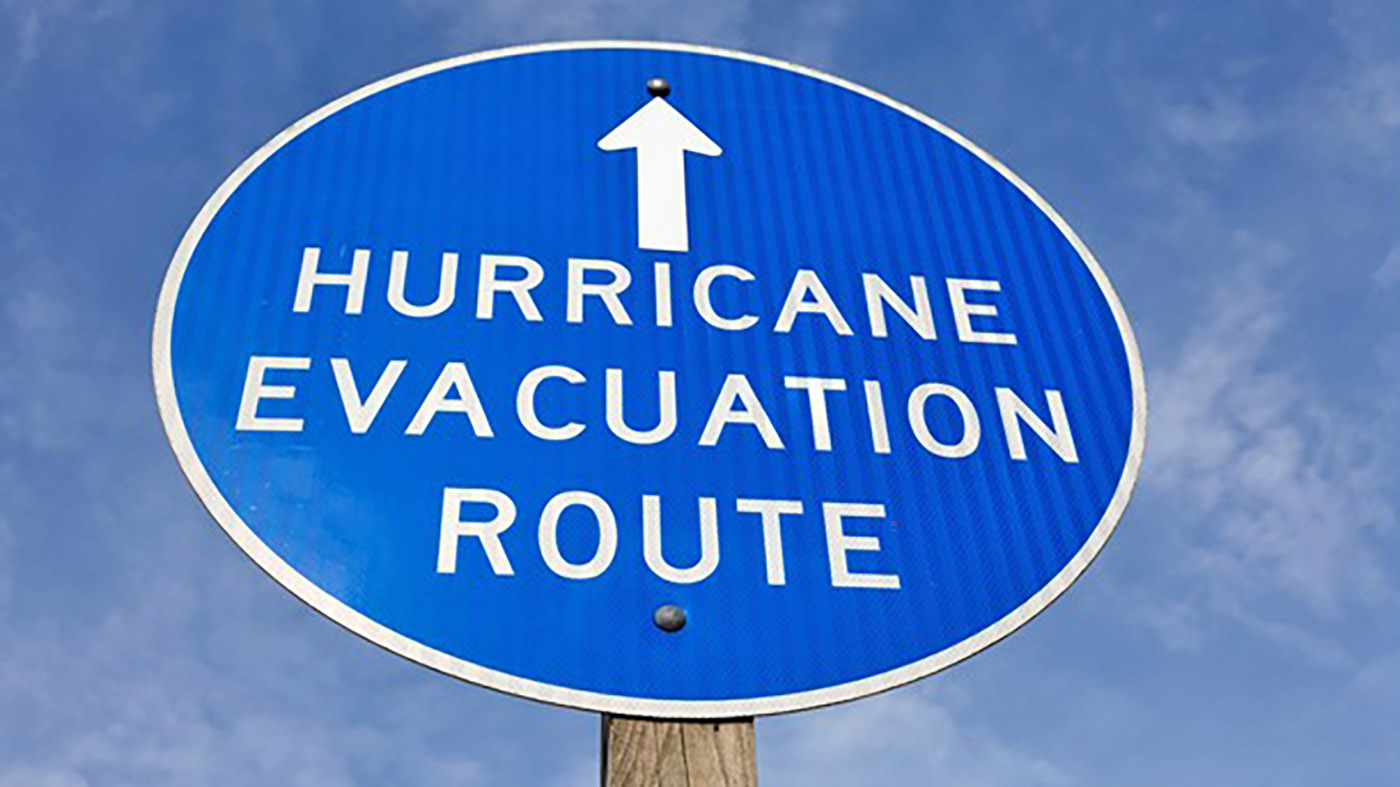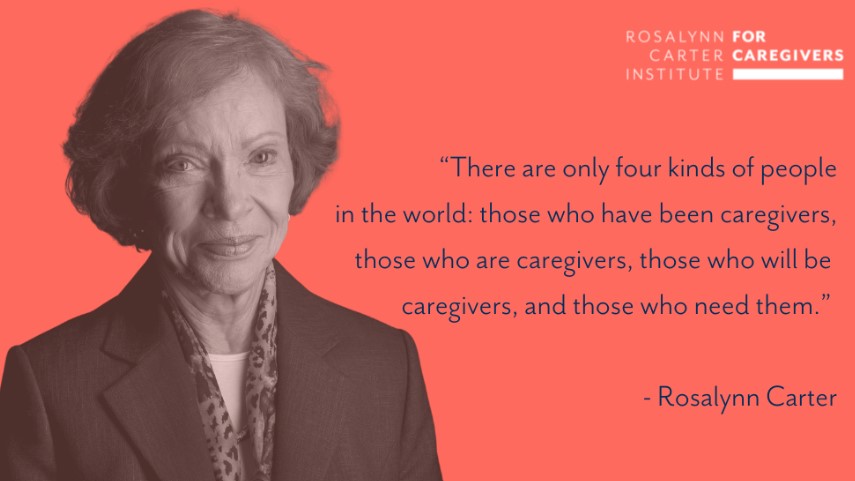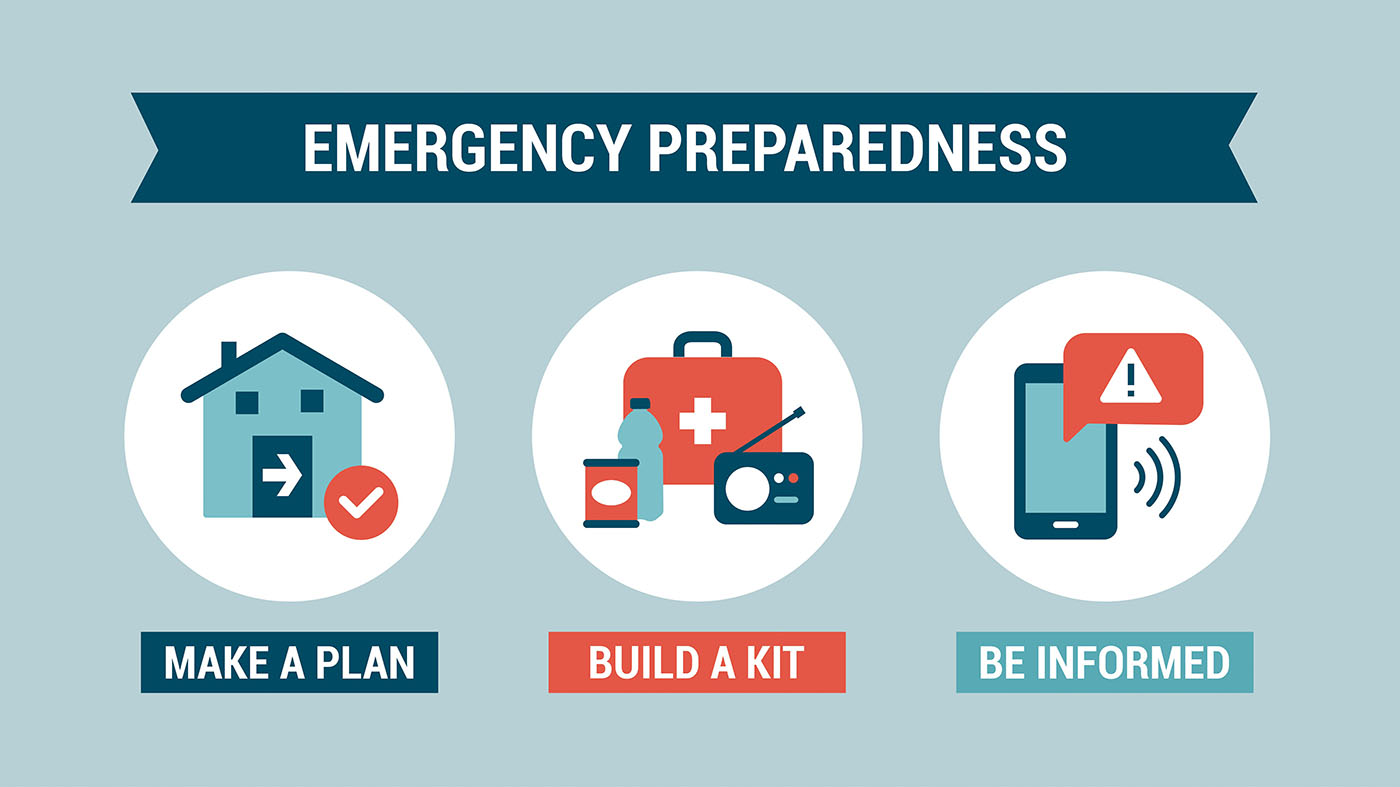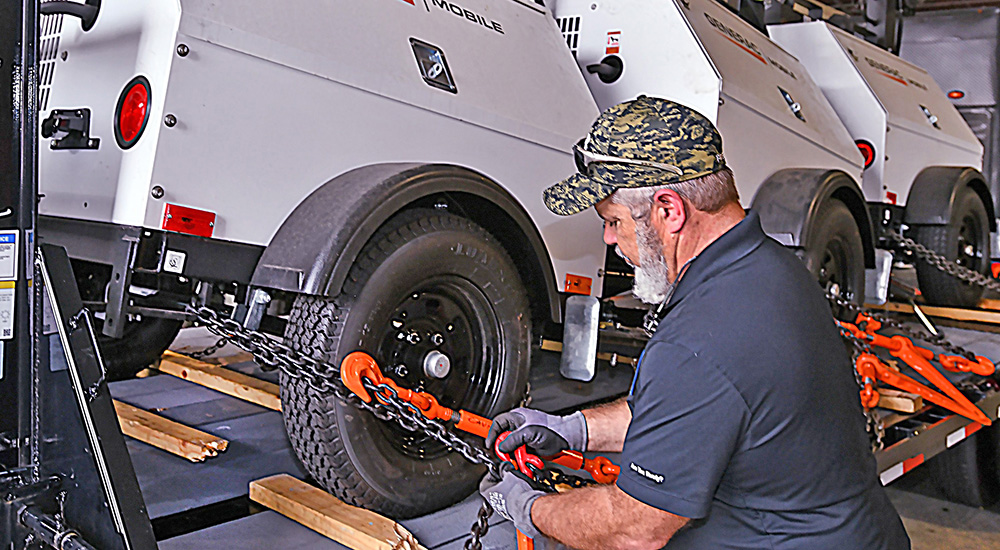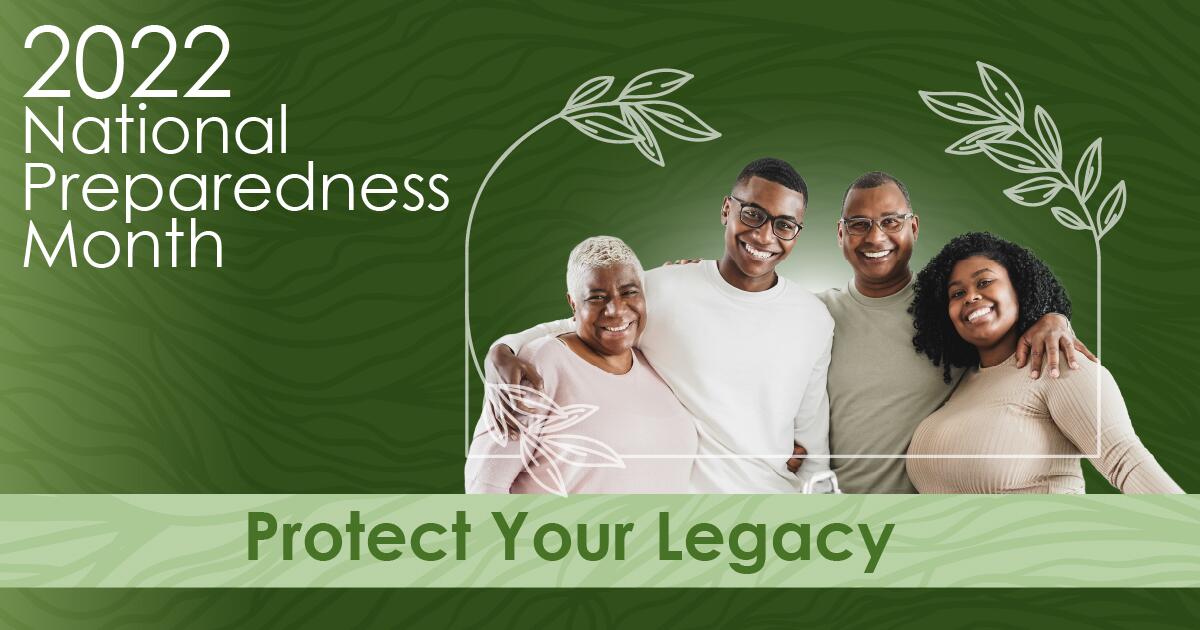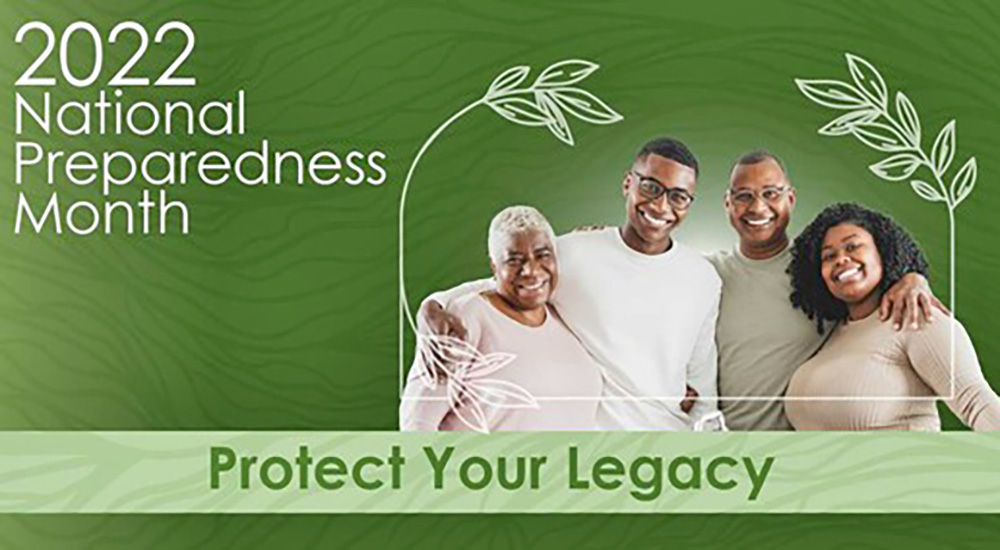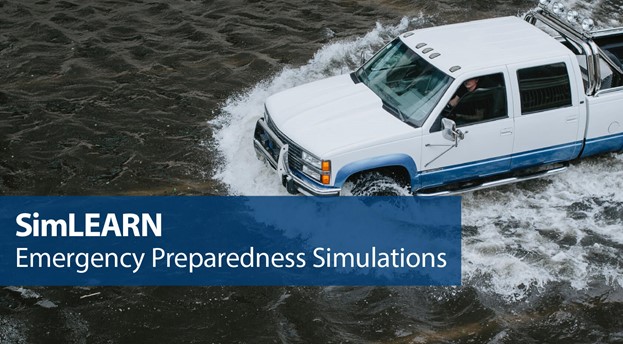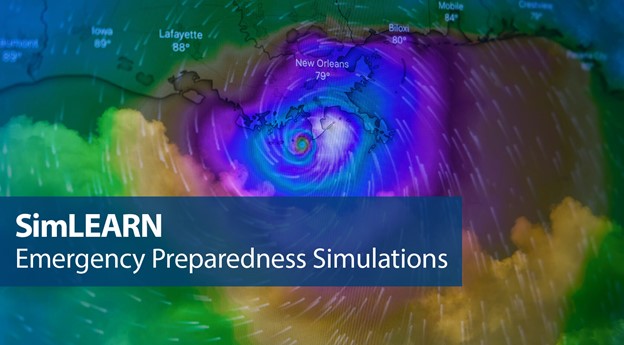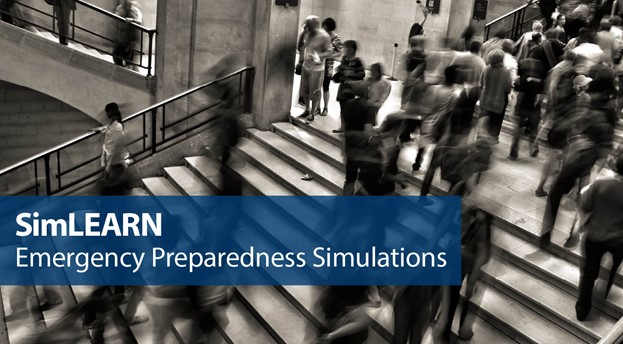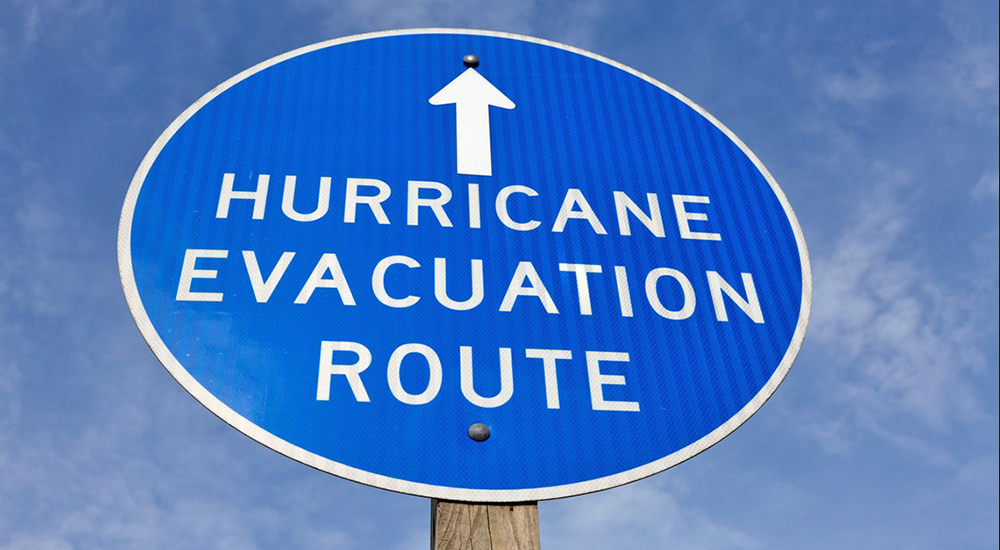Be prepared and proactive in planning for and responding to hurricanes and other hazards.
As many of us know firsthand, caregiving can be one of the most rewarding experiences you will ever have, but it can also be one of the most challenging – especially when you are facing an emergency in your home or a disaster in your community. To make matters worse, resources to help families prepare for disasters often lack content that reflects the unique needs of family caregivers, despite the critical role they play in these crises.
Veterans are encouraged to be prepared for a disaster or emergency in their homes, businesses and communities.
Hurricane preparedness: Weeklong exercise demonstrated continuity of effort to execute Emergency Operations Plan.
VA Video Connect, My HealtheVet, Remote Monitoring and other virtual tools can help you access VA care in the event of an emergency
National Preparedness Month occurs each September to raise awareness and strengthen resilience against the effects of disasters and emergencies.
Preparedness for disasters takes prior planning. Here is valuable information to help you know what to do before, during and after an emergency.
In this four-part series on VA Emergency Preparedness Simulation efforts, learn how simulation and emergency preparedness at VA work.
In this four-part series on VA's Emergency Preparedness Simulation efforts, you'll see how simulation and emergency preparedness professionals build collective strategies that mitigate, prepare, respond, and recover from tragedies impacting Veterans and their communities.
In this four-part series on VA Emergency Preparedness Simulation efforts, you will learn about simulation and emergency preparedness at VA.
Because we’re in hurricane season, it is essential to prepare a care plan to ensure your emergency health needs are met.
Information about hurricane season and what you can do to be ready. Make important decisions about your family's safety and prepare a plan now.

